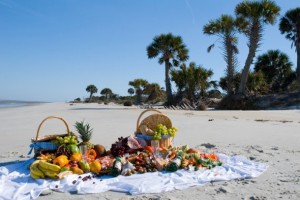Submitted by Alastair McIntosh
During the 1970s and 1980s I spent four years of my life living and working in Papua New Guinea. I was teaching, setting up small hydroelectric systems, and helping to run the South Pacific Appropriate Technology Foundation. I worked in both the wildest rural areas and the roughest urban ones. As a Quaker, the question of conflict and how it can be reconciled was never far from the surface.
When I first went to live there the Prime Minister was Michael Somare. Before leaving Scotland, I read his autobiography, Sana to deepen my understanding of the country. There’s one part of that book that I always remember. It’s a story about food and conflict. In some parts of Papua New Guinea tribal fighting has been almost a traditional sport. Most of the time it is carefully contained but sometimes it gets seriously out of hand and people get badly hurt or killed. In his book, Somare tells how it was contained in his part of the world.
He recounts that when two groups felt like having a fight, that was OK. Nobody was going to stop them. But first there was just one traditional obligation. Before fighting, they both had to bring impressive quantities of food down to the beach. Because they were rival groups they had to try and outdo each other in what each brought to the table. And then, they all had to sit down together and feast.


Recent Comments